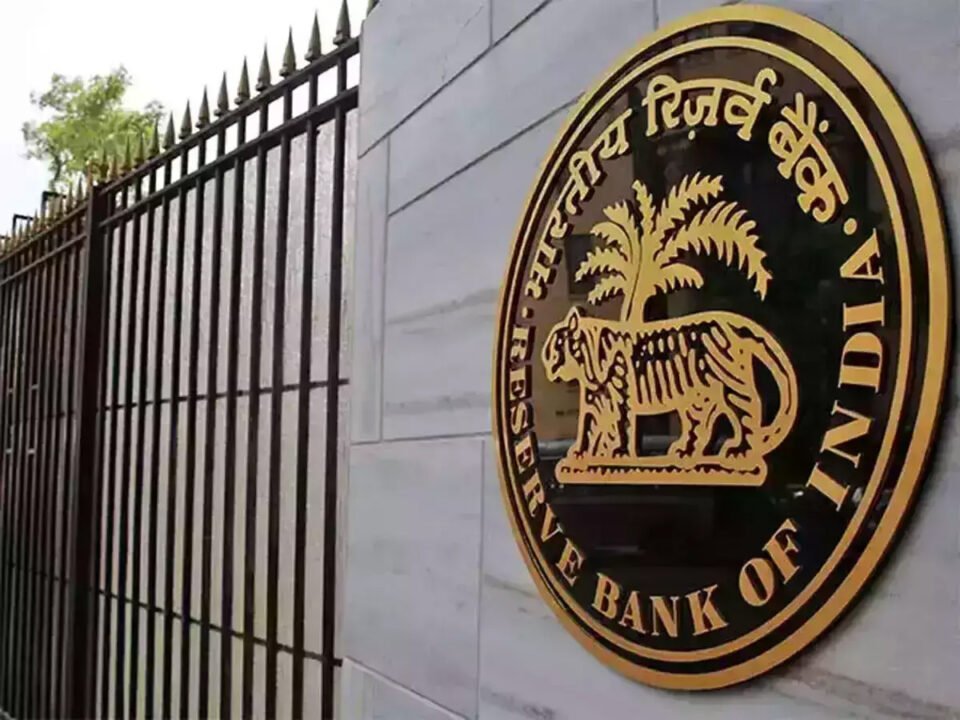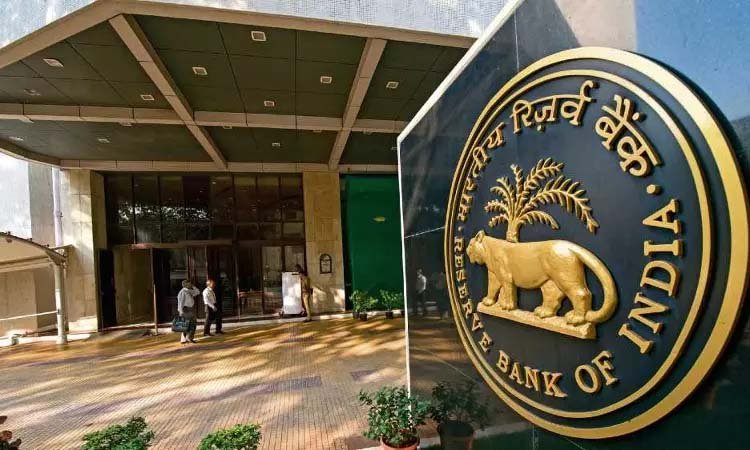NEW DELHI, May 5 (PTI): Digital banking units in 75 districts, announced in the Budget to commemorate the 75 years of the country’s independence, are expected to become operational by July this year.
To facilitate this, RBI last month released a comprehensive guideline on Digital Banking Units (DBUs).
As per the guidelines, DBUs of the banks will be treated as banking outlets and each unit needs to be housed distinctly, with separate entry and exit provisions, Indian Banks’ Association (IBA) said in a statement.
Further, it said, banks have the option to engage digital business facilitators/ business correspondents in conformance with relevant regulations to expand the virtual footprint of DBUs.
“All the public sector banks, 10 private sector banks and one small finance bank have already initiated the work to have these units operational by July 2022,” it said.
Finance minister Nirmala Sitharaman, while presenting the Union Budget 2022-23, announced the setting up of 75 DBUs in 75 districts to commemorate the 75 years of India’s independence (Azadi ka Amrit Mahotsav) with an objective to ensure benefits of digital banking reach every nook and corner of the country.
A committee under the chairmanship of Ajay Kumar Choudhary, ED, FinTech Department, RBI, having representation of senior officials from RBI, select banks and IBA was formed to lay out a road map for establishment of DBUs.
A working group under the chairmanship of Sunil Mehta, chief executive, IBA, and select banks was constituted to facilitate the committee. The working group recommended a list of 75 districts covering all the states and Union Territories across the country
The progress in pilot implementation of the project is being regularly monitored by the committee of RBI, it said.
Emphasis has been given to customer education on digital journey, cyber security awareness and safeguards, it said.
“Also, there shall be adequate digital mechanisms to offer real-time assistance and redress customer grievances arising from business and services offered by the DBUs directly or through business facilitators/correspondents,” it said.
As per the guidelines, each DBU must offer certain minimum digital banking products and services — both on the asset (loan) and liabilities (deposits) side.
The new guidelines say that DBUs are expected to migrate to delivering more structured and custom-made products from standard offerings by use of their hybrid and high-quality interactive capabilities.







